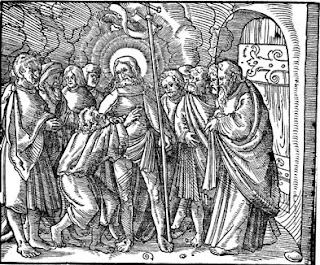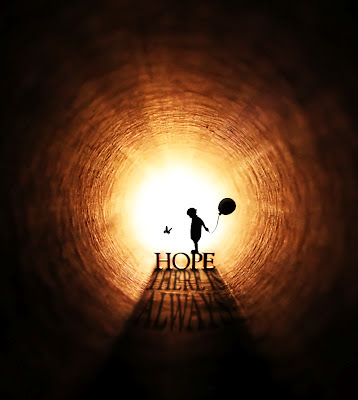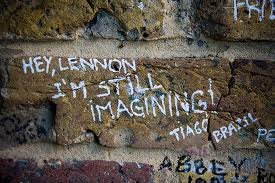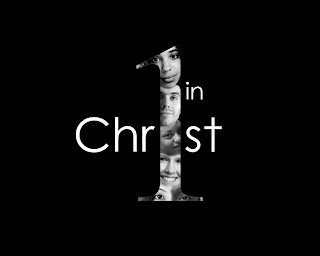A Heavenly Love

Christmas is the moment when Jesus breaks through the barriers of sin, doubt, hurt, and guilt to declare with his presence – that God is and forever will be among us. I John says that everyone who loves experiences this Jesus, for Jesus is God and God is love. Every child, murderer, school teacher, convict, secretary, homeless person, drug addict, homosexual, left-handed, left-minded, liberal democrat as well as every right-handed, right-leaning, republican experiences Jesus Christ. Every choir member, single mother with three kids, divorced father who looses parental custody, and widower experiences the birth child. Every Muslim, politician, social worker, farmer, businessman, Israeli, stock broker, hair dresser, and Palestinian experiences God’s surrendered love. Christmas is all about the incarnation of Jesus. It’s about heaven breaking in to earth and never leaving, the inauguration of the kingdom, and our lives being redeemed. It’s about love. Each of...























